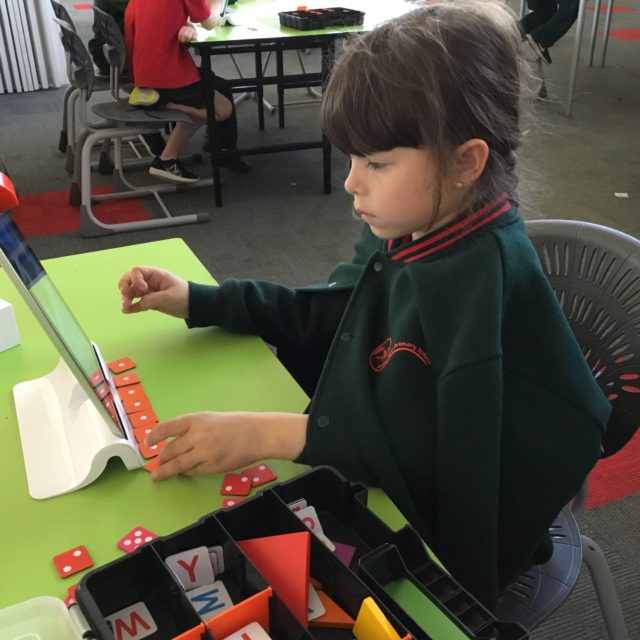Professional Learning Communities



Professional Learning Communities
Professional Learning Communities (PLCs) are an approach to school improvement where groups of teachers work collaboratively at the school level to improve student outcomes.
The 10 principles of effective PLCs
Found in all effective PLCs are 10 principles that bring together the best available research on school improvement:
1. Student learning focus: School improvement starts with an unwavering focus on student learning.
2. Collective responsibility: For every child to achieve, every adult must take responsibility for their learning.
3. Instructional leadership: Effective school leaders focus on teaching and learning.
4. Collective efficacy: Teachers make better instructional decisions together.
5. Adult learning: Teachers learn best with others, on the job.
6. Privileged time: Effective schools provide time and forums for teacher conversations about student learning.
7. Continuous improvement: Effective teams improve through recurring cycles of diagnosing student learning needs, and planning, implementing and evaluating teaching responses to them.
8. Evidence driven: Effective professional learning and practice is evidence based and data driven.
9. System focus: The most effective school leaders contribute to the success of other schools.
10. Integrated regional support: Schools in improving systems are supported by teams of experts who know the communities they work in.
